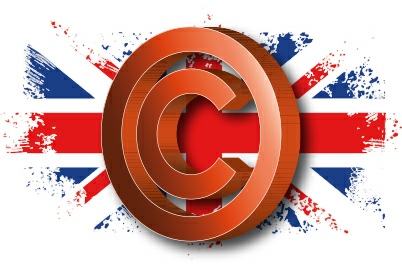

07584-


LEAVE YOUR MARK
Legislation -
Following the UK’s withdrawal from the EU on 31st January 2020, the Intellectual Property (IP) system will continue in its current format until the 31st December 2020. During this time EU law will continue to operate as normal, but what are the implications for intellectual property from the 1st January 2021 and beyond?
During the transition period, the Intellectual Property Office (IPO) will convert almost 1.4 million EU trademarks and 700,000 EU designs to give them equivalent UK rights. These will come into effect on the 1st January 2021.
EU Trade Marks
A trade mark is a unique symbol or word(s) used to represent a business or its products. Once registered, that same symbol or series of words cannot be used by any other organisation for as long as it remains in use and proper paperwork and fees are paid.
The UK will remain part of the EU trade mark system throughout the transition period which ends on 31st December 2020. UK trade mark rights will then be created at the end of the transition period and any businesses, organisations or individuals that have applications in progress for an EU Trade Mark (EUTM) will have a period of 9 months to apply for the same protections in the UK.
Registered Community Designs
A registered Community design gives a "monopoly" right, i.e. a right to stop anybody else using the registered design irrespective of whether they copied it. It also gives the proprietor the exclusive right to make, use, sell, import and export any product embodying the design, if it is a shape, or bearing the design if it is ornamentation. Again, these rights will be automatically created at the end of the transition period, or businesses will have a period of 9 months from 1st January 2021 to apply in the UK for the same protections.
Unregistered Designs
An unregistered design right gives you the ability to prevent others from copying your design. The EU currently provides three years protection from copying with this right. After the transition period, the UK will continue to protect the design for the remainder of its three year term.
Patents
A patent is an intellectual property right to protect inventions. These are granted by a country’s government as a territorial right for a limited period. Patent rights make it illegal for anyone except the owner or someone with the owner’s permission to make, use, import or sell the invention in the country where the patent was granted. A patent has a life of 20 years and provides protection so long as renewal fees are paid every year.
European patents can be applied for through the IPO or the European Patent Office (EPO). This protects the patent in more than 30 countries in Europe. As the EPO is not an EU agency, leaving the EU does not affect the current system and existing patents will remain unaffected.
Copyright
Copyright arises automatically when a work that qualifies for protection is created. The work must be original, meaning it needs to originate with the author, who will have used some judgement or skill in its creation. International treaties concerning copyright mean that the UK’s withdrawal from the EU will ensure that existing database rights will continue to be recognised in both territories for the remainder of their term.
For more information on this subject visit:

Copyright © 2018-
Terms of Use | Privacy Policy, GDPR & Cookie Policy | Trading Terms






Please note that the views, thoughts, and opinions expressed in this article belong solely to the author, and not necessarily to any other group or individual. To ensure you are fully compliant with all current legislation, please take legal/professional advice and do not rely solely on the information provided in these articles.